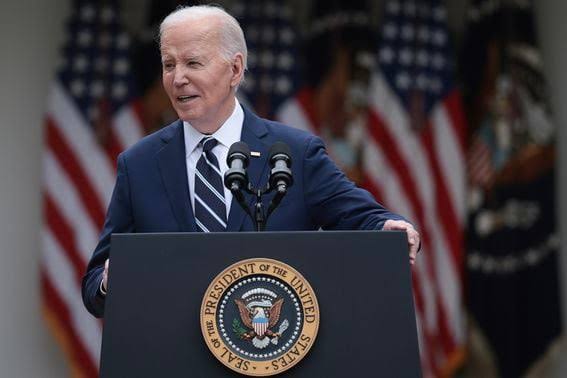The president isn’t threatening to veto the measure that the U.S. House of Representatives is trying to approve to regulate the cryptocurrency market, which is encouraging for the sector. In an administrative policy statement released on Wednesday, US President Joe Biden’s White House stated that the administration was against the Financial Innovation and Technology for the 21st Century Act’s passage, citing worries about the act’s potential to weaken investor protections if it were to pass Congress. Additionally, contrary to prior remarks made by Securities and Exchange Commission Chair Gary Gensler, who has maintained that the industry does not require additional legislation specifically pertaining to the crypto markets, the bill indicated that the White House would want to collaborate with Congress on future legislation addressing the crypto markets.
“The Administration is eager to work with Congress to ensure a comprehensive and balanced regulatory framework for digital assets, building on existing authorities, which will promote the responsible development of digital assets and payment innovation and help reinforce United States leadership in the global financial system,” the statement said. “H.R. 4763 in its current form lacks sufficient protections for consumers and investors who engage in certain digital asset transactions.”
The administration has issued two statements of administrative policy in as many weeks, after its threat to veto a law that sought to reverse contentious SEC accounting guidelines. Both the House and the Senate easily approved that law.
The announcement was made just hours after the SEC’s Gensler released a statement of his own opposing the proposal, claiming that it would undermine the regulator’s attempts to monitor both the cryptocurrency and traditional capital markets. According to the SEC chair’s statement, FIT21 would rewrite the requirements for securities issuers to adhere to current federal law and Supreme Court precedent. Supporters of the measure argue that cryptocurrency companies cannot operate in the United States without facing civil action. Gensler characterised this perspective as an attempt by these companies to avoid complying with disclosure and other regulatory obligations for securities issuers.
In order to determine when digital assets are securities or digital commodities and who should be in charge of regulating the spot market—the SEC or the Commodities Futures Trading Commission—the measure would define digital assets differently. The bill will be discussed by the entire House later on Wednesday, and a vote is planned for this afternoon.
“The Administration looks forward to continued collaboration with Congress on developing legislation for digital assets that includes adequate guardrails for consumers and investors while creating the conditions needed for innovation, and further time will be needed for such collaboration,” the White House statement on Wednesday concluded.


